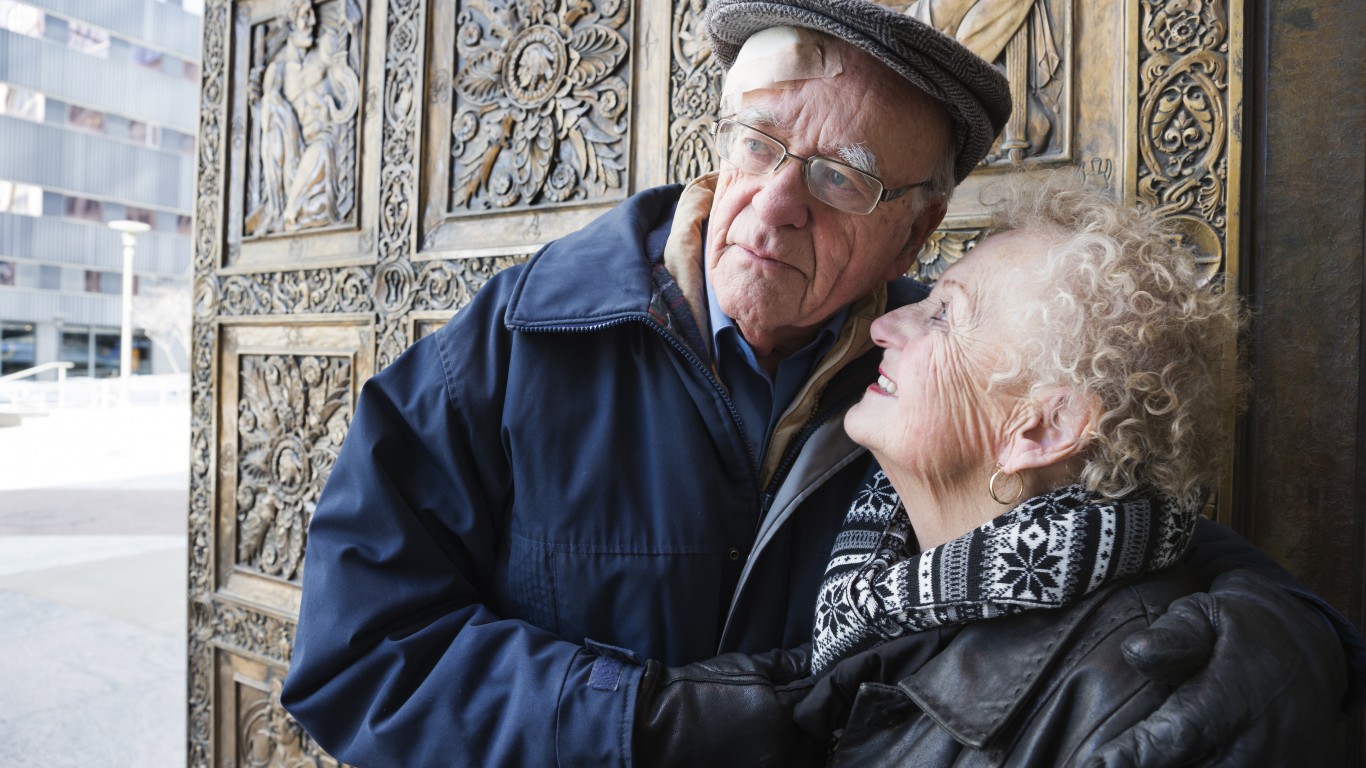
Consumer research firm Morning Consult reported Monday morning that its consumer sentiment index slid from 88.44 on March 29 to 88.27 on March 30. The index has remained below 100 for more than a week.
The one-day drop of 0.2% compounded the sharp declines of the past week but represents a distinct slowdown of the pace of falling consumer confidence.
Based on its daily surveys, this marks an overall year-to-date decline of 22.27% since January 1. Since February 23, the index has dropped by more than 23 points. The consumer sentiment index has fallen to its lowest level since tracking began.
On Friday, the University of Michigan consumer sentiment index for March came in at 89.1, far below the February reading of 95.9 and well below economists’ estimate of 92.0.
New claims for unemployment benefits hit an all-time high last week of nearly five times the previous high. New claims totaled about 3.2 million, as Americans who have been told to remain at home filed for benefits. The total was more than triple the consensus estimate of 1 million new claims, although some analysts had estimates as high as 3 million.
The U.S. Food and Drug Administration (FDA) on Sunday issued an Emergency Use Authorization (EUA) that lets the U.S. Department of Health and Human Services (HHS) “allow hydroxychloroquine sulfate and chloroquine phosphate products donated to the Strategic National Stockpile (SNS) to be distributed and prescribed by doctors to hospitalized teen and adult patients with COVID-19, as appropriate, when a clinical trial is not available or feasible.”
HHS on Sunday accepted 30 million doses of hydroxychloroquine sulfate donated by Sandoz, the Novartis generics and biosimilars division, and a million doses of chloroquine phosphate donated by Bayer Pharmaceuticals, for possible use in treating patients hospitalized with COVID-19 or for use in clinical trials. HHS also noted that these and other companies may donate additional doses and that “companies have ramped up production to provide additional supplies of the medication to the commercial market.”
In addition to accepting and distributing the donated medicines, HHS is funding clinical trials of two drugs, Kevzara (sarilumab) and remdesivir, and it is supporting the earlier development of multiple potential therapeutic treatments, vaccines and diagnostic tests for COVID-19.
Earlier this month, Sanofi (NYSE: SNY) and Regeneron Pharmaceuticals Inc. (NASDAQ: REGN) said they would begin clinical trials of Kevzara, a monoclonal antibody that may inhibit the inflammatory response in COVID-19 patients.
Remdesivir, from Gilead Sciences Inc. (NASDAQ: GILD), is an experimental drug currently in two Phase 3 trials and available under certain circumstances to other patients on compassionate grounds.
Shares in all three traded up around 5% Monday morning.
100 Million Americans Are Missing This Crucial Retirement Tool
The thought of burdening your family with a financial disaster is most Americans’ nightmare. However, recent studies show that over 100 million Americans still don’t have proper life insurance in the event they pass away.
Life insurance can bring peace of mind – ensuring your loved ones are safeguarded against unforeseen expenses and debts. With premiums often lower than expected and a variety of plans tailored to different life stages and health conditions, securing a policy is more accessible than ever.
A quick, no-obligation quote can provide valuable insight into what’s available and what might best suit your family’s needs. Life insurance is a simple step you can take today to help secure peace of mind for your loved ones tomorrow.
Click here to learn how to get a quote in just a few minutes.
Thank you for reading! Have some feedback for us?
Contact the 24/7 Wall St. editorial team.


